No products in the cart.
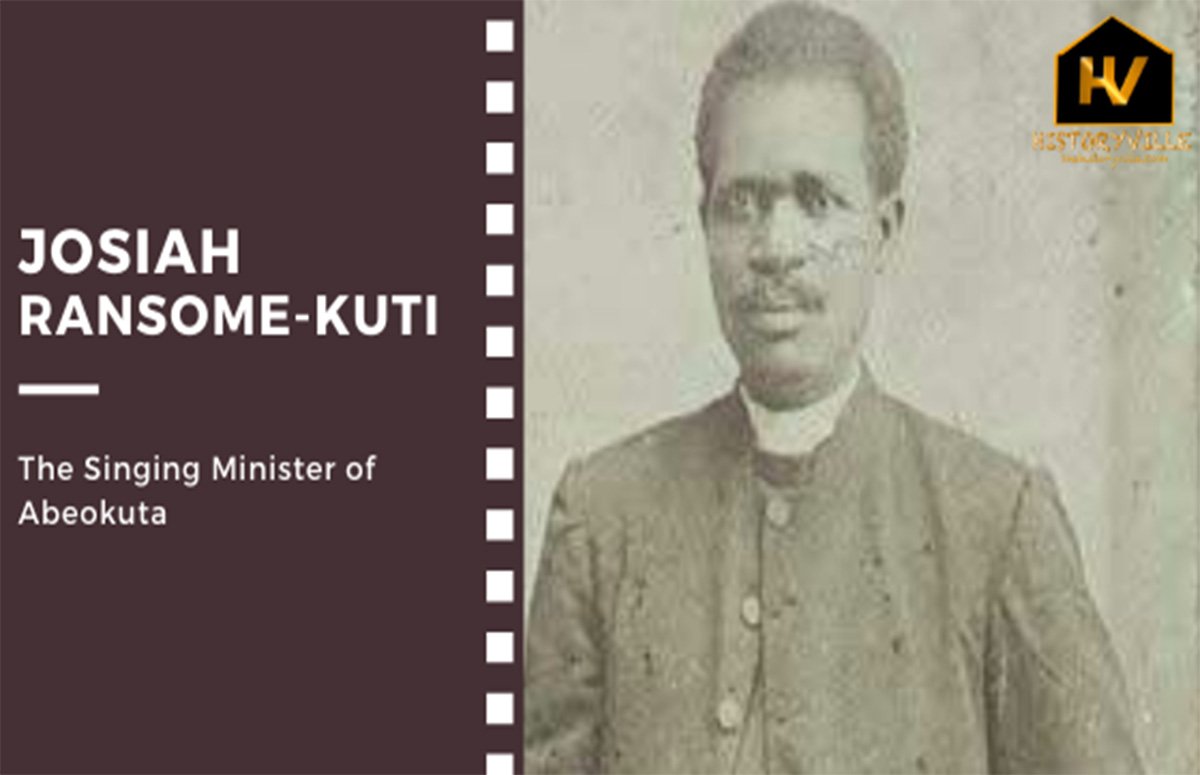
The Reverend Josiah Ransome-Kuti, who was nicknamed the Singing Minister by the British colonialists, was a progenitor of many church songs still sung today, especially in the Yoruba language. In 1922, the clergyman composed the theme song, Iṣẹ́ Olúwa kò lè bájẹ́ oo used by Channels Television today and numerous others like the Egba national anthem.
Josiah Ransome-Kuti was also the first Nigerian to release a record album after he recorded many hymns (in the Yoruba language) in gramophone through Zonophone Records, London in 1925. This album can still be found in the British Museum.
Reverend Josiah Ransome-Kuti was a father to Reverend Israel Oludotun Ransome-Kuti, the astute long-serving principal of Abeokuta Grammar School and the first President of the Nigerian Union of Teachers (NUT), and a grandfather to Afrobeat legend, Fela Kuti and Wole Soyinka, the first and only Nigerian to win a Nobel Prize.
Contents
Early Life and Education
Josiah Ransome-Kuti was born, Josiah Likoye Jesse Kuti on June 1, 1855, in Igbehin, Abeokuta, present-day Ogun State, Western Nigeria. This was a period Abeokuta was experiencing diverse conflicts with Dahomey, a neighbouring kingdom in present-day Republic of Benin.
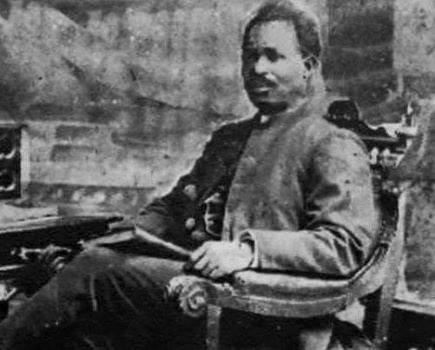
Ransome-Kuti was named Likoye after his father but dropped it and added Ransome to his name after the European missionary who tutored him in Abeokuta. His parents were from the Egba ethnic group. His father, Likoye Kuti (c.1820-1863) was a weaver and a soldier while his mother, Anne Ekidan Efupeyin (c.1835 – c.1905) was an early convert to Christianity, who like Eunice in the Bible influenced Josiah from an early age with her deep religious beliefs despite disapproval from her husband who was averse to European culture and Christianity.
Josiah Ransome-Kuti was nine years old when he began his education at the Church Missionary Society (CMS) Training Institution at Abeokuta. He performed very well in his studies and excelled especially in Music.
In 1871, at the age of 16, he transferred to Lagos where he continued his education at the CMS Training Institute there where he successfully completed his academics in December 1876 and subsequently became a teacher at the St. Peter’s School in Ake, Abeokuta.
In 1879, Josiah Ransome-Kuti returned to Lagos to teach Music at the CMS Girl’s School. He was in this position until 1886.
Marriage and Family
On May 2, 1882, Josiah Ransome-Kuti married Bertha Erina Olubi and they would go on to have eight children; three boys and five girls. In his own handwriting from the family Bible, Ransome-Kuti listed the children thus:
Anne Lape Iyalode (October 20, 1885), Josiah Oluyinka (February 27, 1888), Israel Oludotun (April 30, 1891; father to Dolupo, Olikoye, Olufela, and Bekolari), Joshua Oleremi (January 6, 1894), Olufela Daniel and Susannah Olubode (they both died as infants in 1899), Azariah Olusegun (June 29, 1900) and Grace Eniola (1908; Wole Soyinka’s mother).
Ransome-Kuti was also a father-in-law to Funmilayo Ransome-Kuti, the first woman in Nigeria to drive a car. His descendants would go on to establish the Ransome-Kuti dynasty.
Career
In 1891, Josiah Ransome-Kuti was appointed a catechist at the Gbagura Church Parsonage in Abeokuta. His first responsibility was to found the Gbagura Church. At first, the church services were held in the open air. However, with the help of the locals, he was able to construct a building for the church.
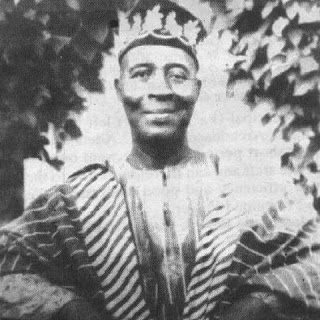
As an accomplished musician and singer, Ransome-Kuti improved the quality of the church music and was able to attract many of the Egba indigenes, some of whom were converted to Christianity. He also engaged in charity to support the church while rejecting job offers from Lagos vast commercial ventures.
In 1895, Josiah Ransome-Kuti became a deacon and in 1896, he was transferred by the church authorities to the Sunren-Ifo district, about 50 miles from Abeokuta. Initially, the locals were suspicious of the clergyman and his ideas, but he was later accepted by the people that the Egba United Government, who had been impressed by his intelligence and leadership skills, increased his administrative responsibilities in the district.
In 1897, Ransome-Kuti was ordained a priest and between 1902 and 1906 he was appointed a district judge. As a matter of fact, his sense of equity and justice greatly increased the people’s respect for him. In 1903, he became superintendent of the Abeokuta mission church and was also granted a mandate by the government to act as its representative in cases of emergency in the area.
By the year 1906, Josiah Ransome-Kuti had established 25 new churches in the Sunren-Ifo district. After Reverend Williams died in 1911, Ransome-Kuti was appointed pastor of the St. Peter’s Church, in Ake, while he was still an official of the government.
In 1914, the Egba United Government lost its independence and British rule was imposed. In the resulting conflicts, Ransome-Kuti played a major role in mediating between the various opposing sides. He was also instrumental in mediating during the 1918 Adubi War.
The Singing Minister from Abeokuta
In 1922, Josiah Ransome-Kuti travelled to London, England, to attend the Church Missionary Society Exhibition where he recorded a total of 43 songs which were released on double-sided zonophone discs by a recording company, Zonophone Records.
These recordings, which were allegedly written and arranged by Ransome-Kuti himself, feature the clergyman singing to piano accompaniment. The majority of these songs are described as Yoruba hymns or sacred songs. In addition to these Yoruba hymns, Josiah Ransome-Kuti also recorded a funeral lament, and a track described on the label as Abeokuta National Anthem, which is now famously known as the Egba anthem.
Josiah Ransome-Kuti Death
In 1922, after a visit to the Holy Land, Reverend Josiah Ransome-Kuti was made a canon of the Cathedral Church of Christ in Lagos. He also resumed his position as pastor of the St. Peter’s Church, where he remained until his death on September 4, 1930. He was 75.
Legacy
Reverend Canon Josiah Ransome-Kuti had been deeply committed to Christianity from an early age and through his life’s ministry he became a prominent African missionary of his time. Although he fought tooth and nail to wipe off idolatry in Abeokuta and neighbouring towns like Ifo and Ilaro, Ransome-Kuti was deeply interested in African history and customs and used this understanding in conjunction with his musical talents, in his missionary work.
Josiah Ransome-Kuti composed and sang many indigenous songs to increase the awareness of Christian beliefs among the locals, several of which were recorded on gramophone and compiled into hymnbooks. He also composed the popular anthem of the Egba people of Abeokuta ‘Lori Oke ati Petele (Up the Hills and Down the Plains). Unfortunately, records of these songs cannot be found anywhere in Nigeria, not even in Abeokuta, his ancestral home but far away in the United Kingdom; in a British museum.
It was this legacy Ransome-Kuti inculcated in one of his sons, Israel Oludotun who himself would go on to be a famous clergyman and educationist. You can read more about him here.
Do you like this article? Then subscribe to our YouTube Channel for interesting historical videos and follow us on all our social media handles. Don’t hesitate to as well share this article with your friends.
Sources
Brennan, Vicki (2015). Rev. J. J. Ransome-Kuti and the History of Yoruba Gospel Music.
Delano, Isaac O. (1942). The Singing Minister of Nigeria.
Fargion, Janet T. The Ransome-Kuti dynasty.
Johnson-Odim Cheryl (1997). For Women and the Nation: Funmilayo Ransome-Kuti of Nigeria.
3 Comments
View CommentsLeave a Reply
You must be logged in to post a comment.



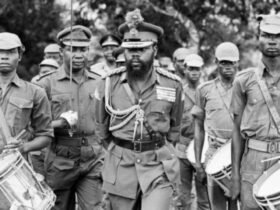
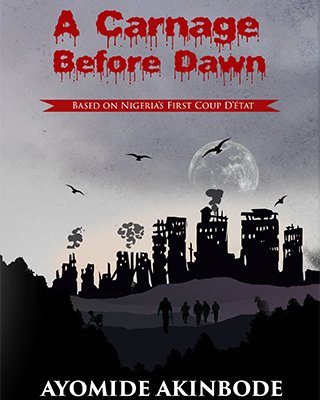




Correction, Prof. Wole Soyinka is Reverend Josiah Jesse Ransome-Kuti’s great-grandson. You incorrectly placed Mrs. Grace Eniola Soyinka as the youngest daughter of reverend J.J. Ransome-Kuti but she is the first granddaughter of Rev. Kuti, her mother was Anne Lape Iyabode Ransome-Kuti (first daughter of Rev. Ransome-Kuti). Rev. Ransome-Kuti had 8 children you missed his youngest daughter Victoria Susannah Tinuade Ransome-Kuti, who was born on June 20, 1899.
It would be nice for the author to respond to this comment.
Just checked through. He’s correct. Thanks.